The definition of healthy food can vary, but typically, such foods offer vitamins, minerals, protein, fiber, and healthy fats, while minimizing empty calories. Empty calories, like those from added sugar and saturated fat, contribute calories without substantial nutritional value. Surprisingly, some foods marketed as "healthy" contain more added sugars, constituting empty calories, than you might expect.
Labels such as "keto-friendly," "gluten-free," and "natural" can be misleading, suggesting healthiness that may not be accurate. While these terms might indicate lower carbohydrates or the absence of wheat, they don't guarantee overall healthfulness. Often, these foods have more sugar than anticipated. Rather than relying solely on marketing claims, it's more informative to compare the nutrition facts and ingredients listed on labels for a clearer picture of the food's health value.
If prioritizing healthy eating, it's crucial to monitor the added sugar content in your food. You might find that foods perceived as healthy actually contain more sugar than expected. While a little added sugar can fit into a healthy diet, it's advisable to limit its intake. As an example, the FDA recommends a daily limit of around 50 grams of added sugar for a 2,000-calorie diet.
1) Non- Dairy Milk

Many opt for non-dairy milk due to dairy sensitivities or the belief that it's a healthier alternative.
Oat milk has become popular but often contains added sugars. For instance, each serving of Chobani Oat Milk has 7 grams of sugar, which can add up if consumed in multiple servings daily in coffee or with cereal.
It's important to compare the added sugar content in various non-dairy milks. While some have no added sugar, others may contain several grams per serving.
2) Protein Bars

Protein bars are often used as a convenient meal replacement, and while they can be a better choice compared to other quick options, many contain added sugar. Take, for instance, Gatorade protein bars, which have a significant 28 grams of added sugar per bar, although they also offer 20 grams of protein. However, with the wide variety of protein bars in the market, it's possible to find ones with less sugar.
For healthier choices, it's helpful to compare nutrition labels in the store. Look for protein bars that have at least 10 grams of protein and 3 grams of fiber, while keeping the added sugar content below 5 grams.
3) Whole-Grain Cereal
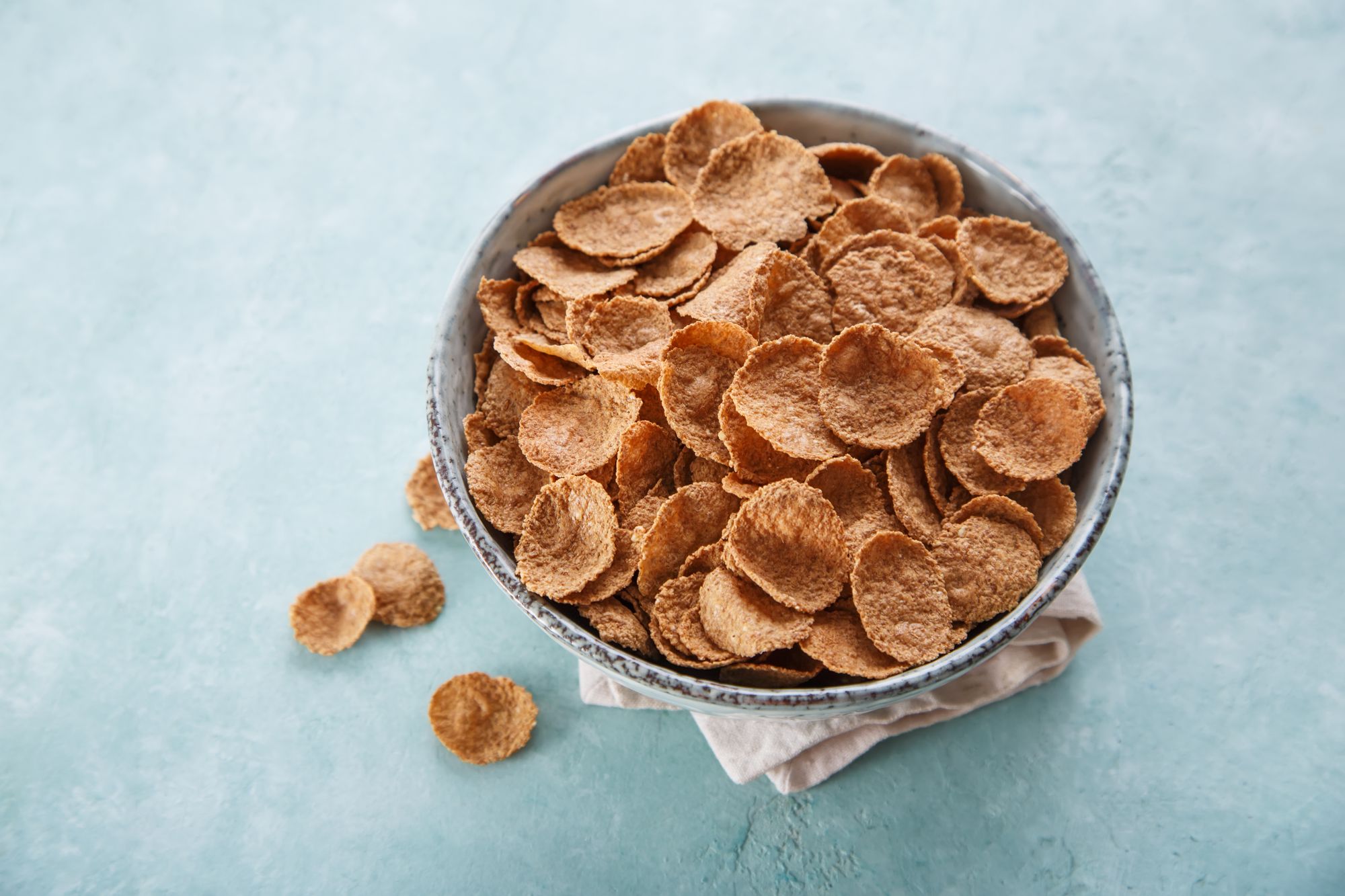
Cereal is a convenient choice for breakfast or as a yogurt topping, but most types contain hidden sugars. Even cereals marketed as healthier, such as certain whole-grain varieties like Raisin Bran, can be high in added sugars, with some providing up to 9 grams per serving.
The sugar content in your meal can increase significantly if you consume more than the standard one-cup serving. However, there are many cereals with little to no added sugar. To make a healthier choice, opt for unflavored varieties and compare sugar contents across different brands.
4) Instant Oatmeal
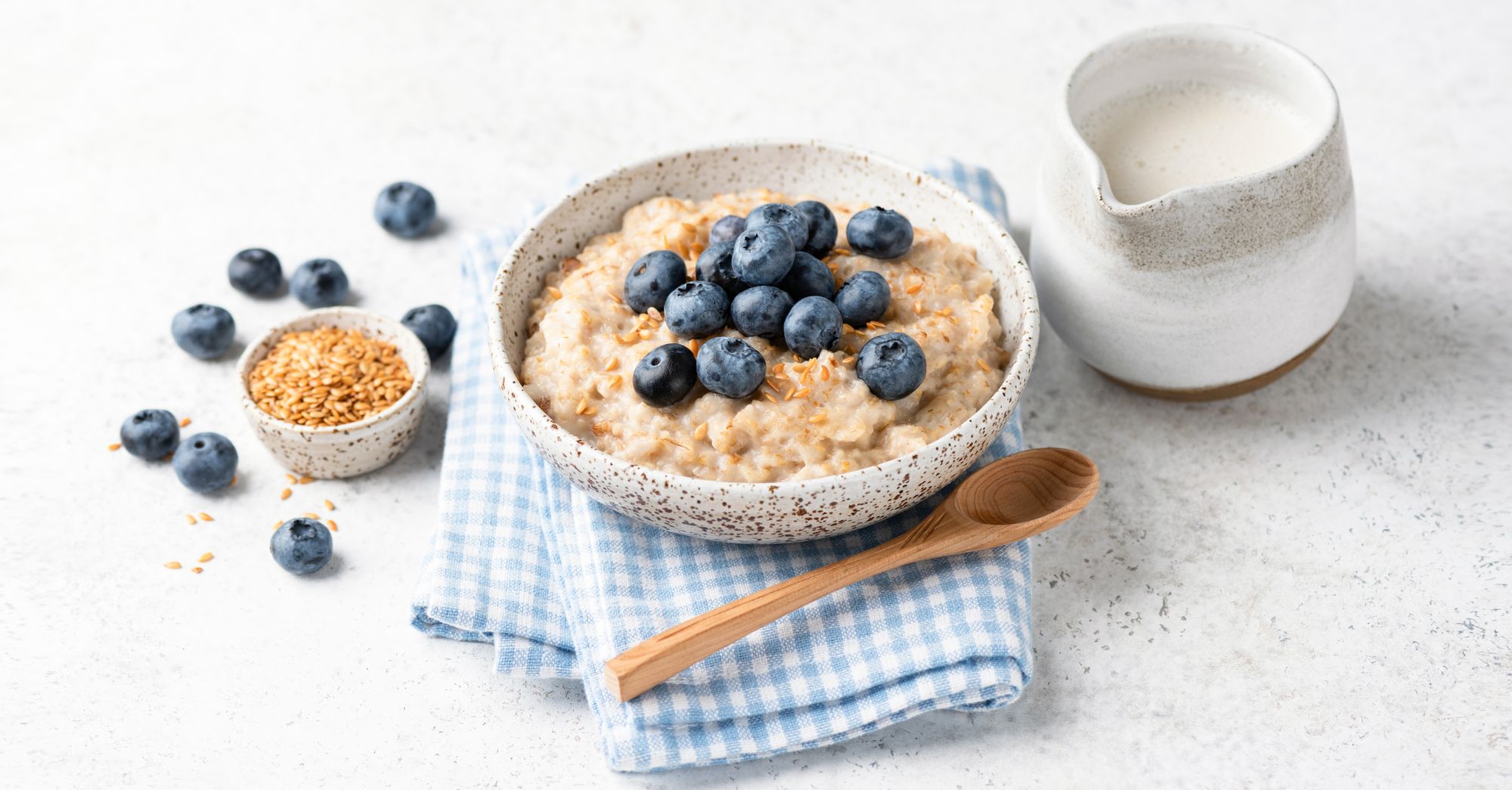
Oatmeal is inherently healthy, rich in fiber, and even offers some protein. Yet, flavored instant oatmeal often come with a high number of added sugars.
For example, Quaker Oats' Cinnamon & Spiced Oatmeal contains 10 grams of added sugar per serving, with sugar being the second listed ingredient after oats. A better choice would be Quaker's lower-sugar instant oatmeal varieties, which have 35% less added sugar compared to their regular flavored options.
5) Canned Soup
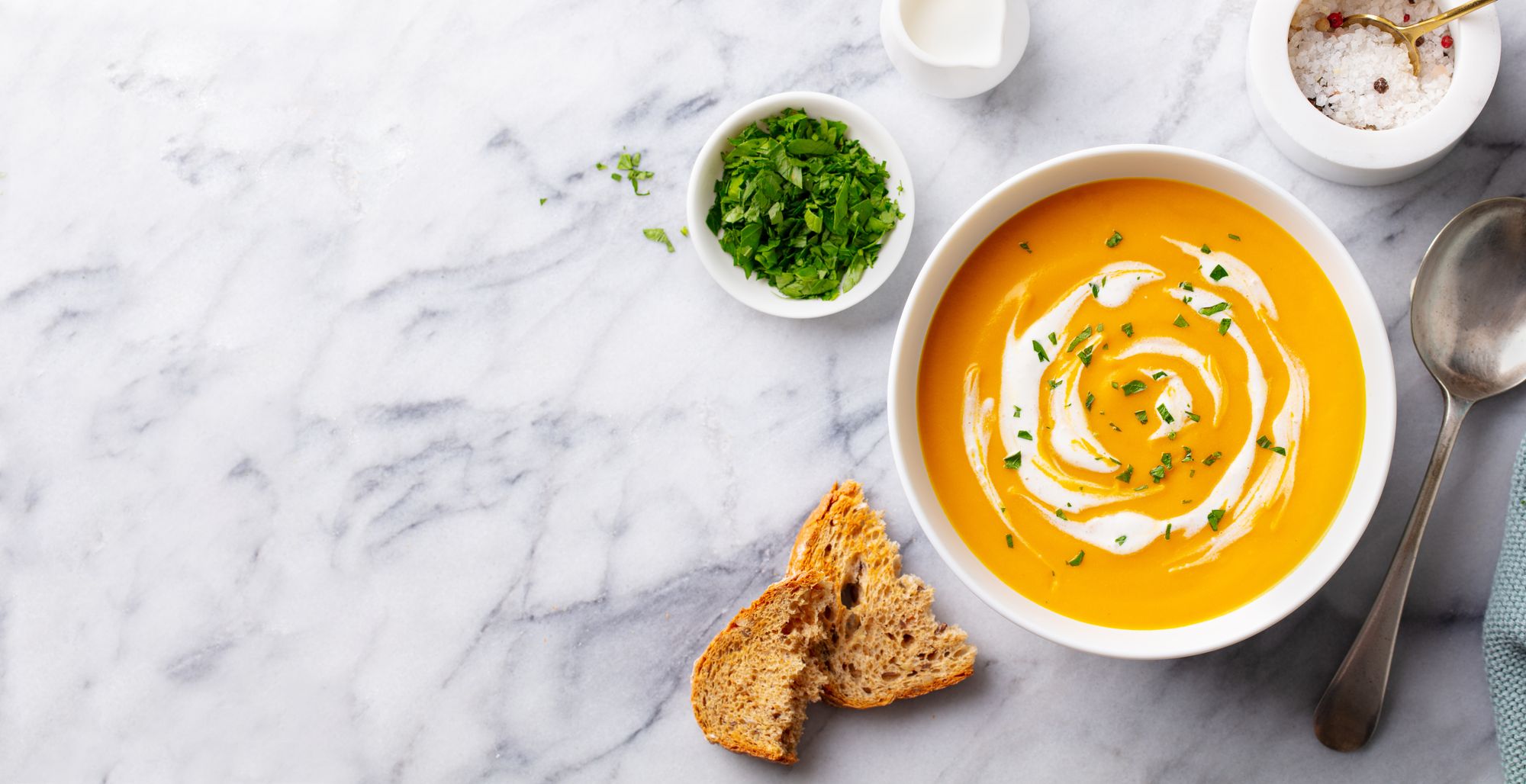
Soup is often seen as a quick and healthy lunch choice but beware of the hidden downsides in canned soups.
While they're known for their savory taste and high sodium levels, soups can also contain surprising amounts of sugar. Take Campbell's Condensed Tomato Soup, for example, which has 8 grams of added sugar per half-cup serving. This means a single can could contain as much as 20 grams of sugar.
However, there are healthier soup options available. Look for soups with at least 10 grams of protein and 3 grams of fiber, ideally with no added sugar. Additionally, if you have health concerns, it's wise to also monitor the sodium content.
6) Granola Bars
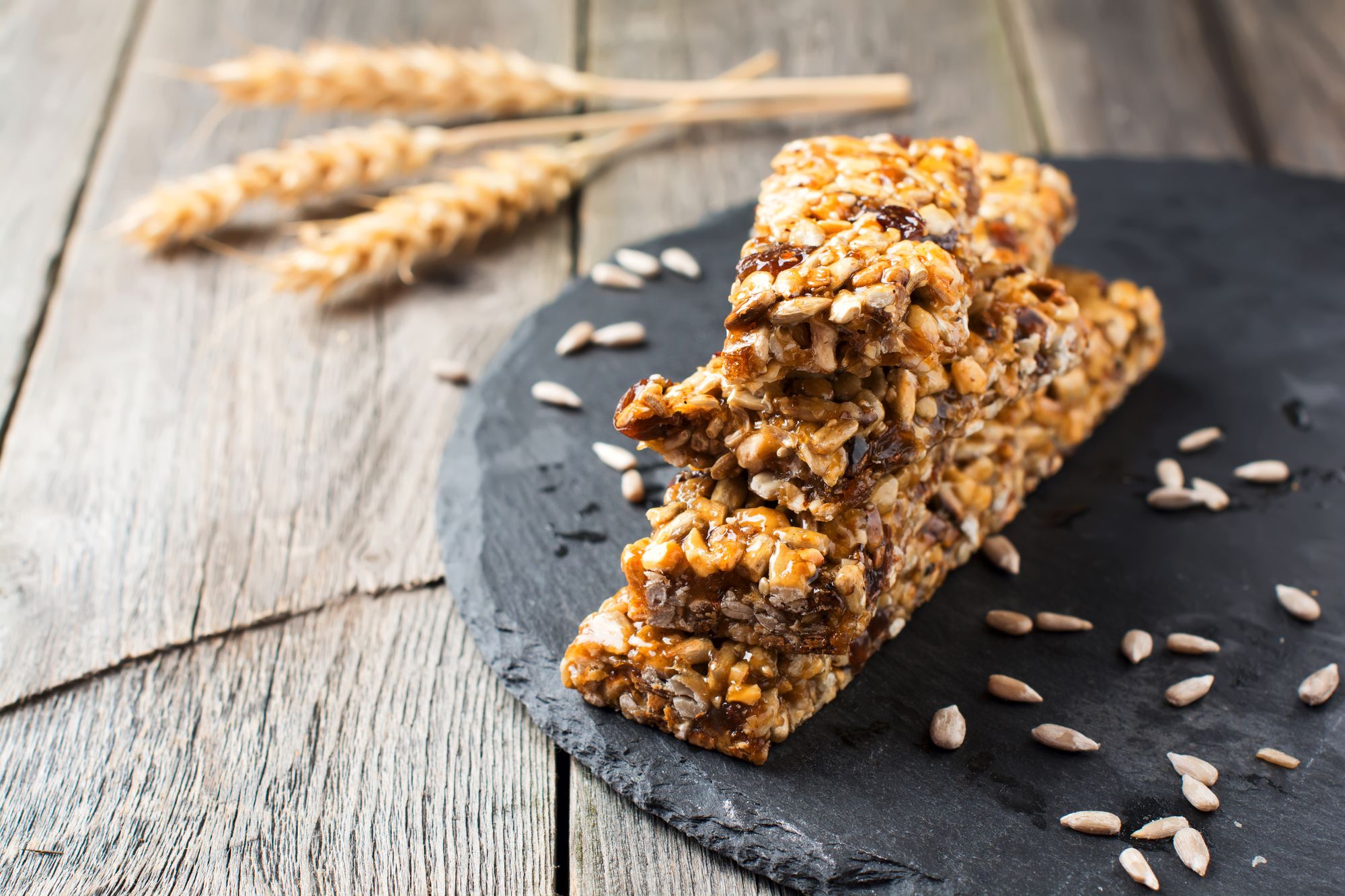
Granola bars are a favorite snack for both kids and adults due to their convenience and taste. However, this ease often doesn't equate to nutritional benefits, as many store-bought granola bars are high in added sugars.
Take, for instance, Nature Valley Oats and Honey Granola Bars, which contain 11 grams of added sugar per bar. In addition to their high sugar content, these bars offer only 2 grams of fiber and 3 grams of protein, making them a less nutritious choice. When selecting granola bars, aim for options with at least 3 grams of fiber and less than 5 grams of added sugar – the lower, the better!
7) Low-Fat Yogurt
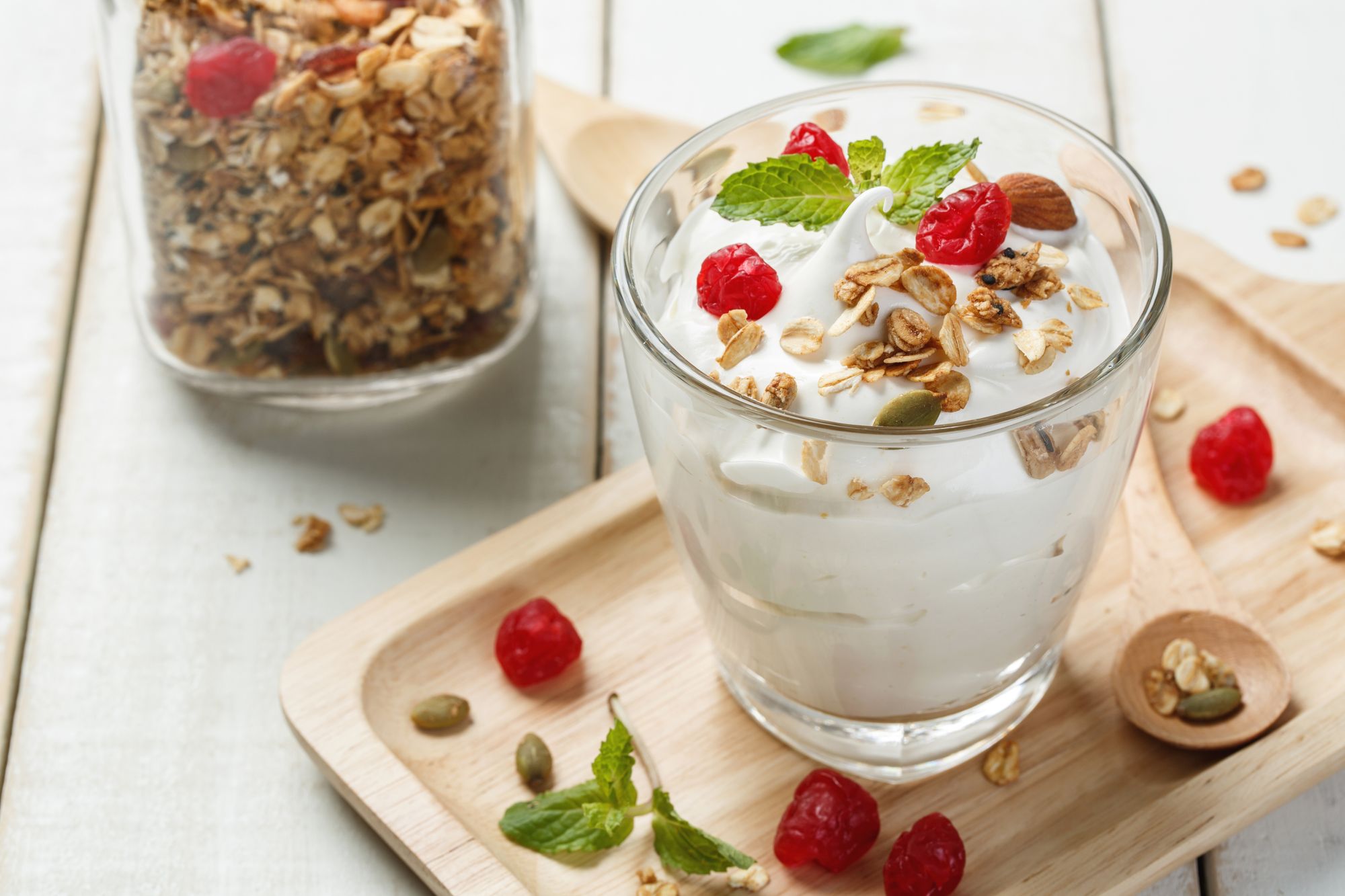
Choosing lower-fat yogurt can lead to a reduction in calorie content from fat, but it's important to be aware that many such yogurts compensate by adding more sugar.
Consider Yoplait's blueberry-flavored yogurt, which has 13 grams of added sugar in each serving. Despite its low-fat content of just 1.5 grams, the added sugar raises the calorie count to 140 for a 6-ounce serving.
When shopping for yogurt, it's better to opt for Greek yogurt or similar high-protein options. Also, make sure to select varieties that contain less than 5 grams of added sugar.
8) Gluten-Free Cookies

The gluten-free trend has been prominent for many years, leading to a wide range of GF products in grocery stores. While some people need gluten-free food due to allergies, others opt for these products under the impression that they are healthier.
However, this perception isn't always accurate. Gluten-free cookies, for instance, can have as much sugar as their regular counterparts. Take Simple Mills' Gluten-Free Chocolate Chip Cookies as an example: they're non-GMO and grain-free, but they still pack 7 grams of added sugar per serving.
Since most cookies, gluten-free or otherwise, are likely to contain sugar, the key is to make smarter choices by comparing labels. To minimize sugar intake, consider having less than one serving of your preferred cookie.
9) Dried Fruit
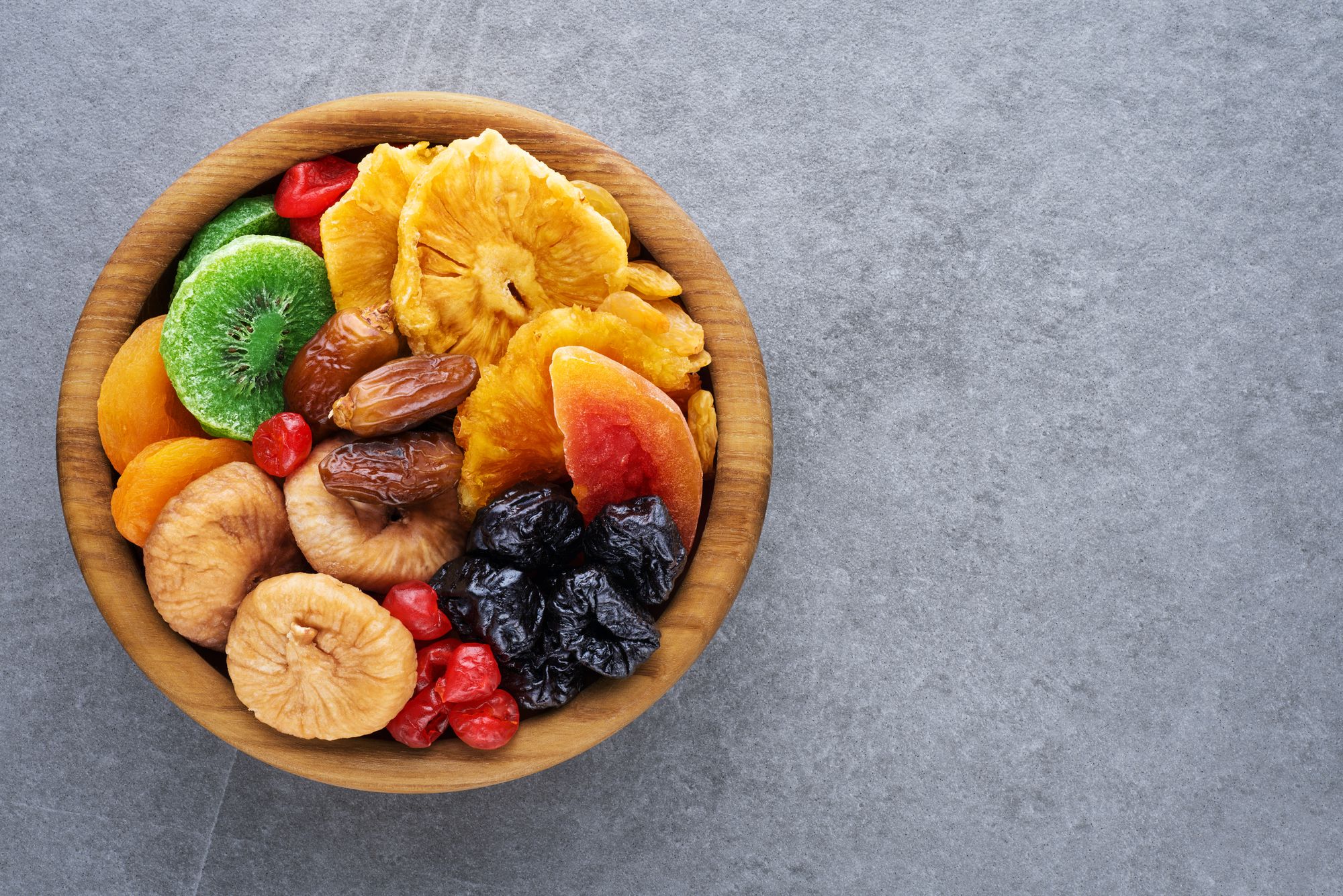
Fresh fruit is undoubtedly healthy, offering a rich source of vitamins, minerals, antioxidants, and fiber. However, its dried counterpart can often contain unexpected added sugars.
For instance, Ocean Spray's dried cranberries, a popular choice among many, pack a hefty 26 grams of added sugar in each serving. Adding such dried fruits to oatmeal or homemade trail mix can significantly increase the sugar content, potentially transforming a nutritious meal or snack into one high in sugar.
Raisins are typically made without added sugars, and there are varieties of other fruits available with no added sugar. It's important to carefully read nutrition labels to make informed choices when selecting dried fruits.

